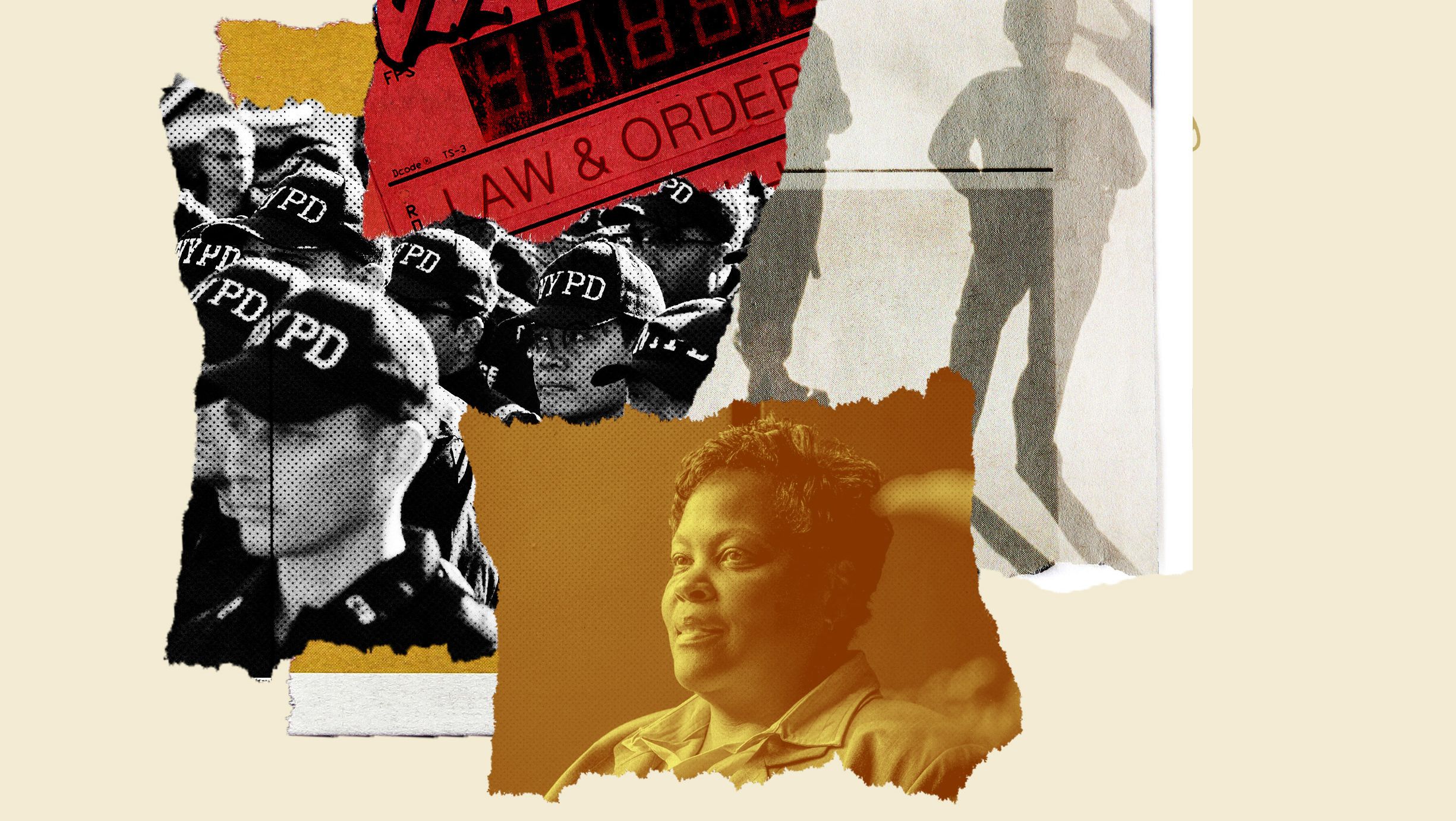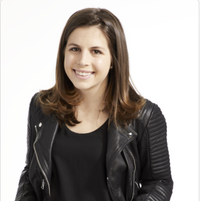Judith Harrison Is Remaking the NYPD's Special Victims Division
Harrison is the first Black person and the third woman to ever lead the NYPD's beleaguered Special Victims Division. After about a year on the job, has enough changed?


This story first appeared in the Summer 2020 issue of Marie Claire. The interview was conducted in March.
The New York Police Department’s Special Victims Division (SVD) is dedicated to investigating sexual offenses—yes, just like the characters do on the hit TV show inspired by the squad. But in March of 2018, New York’s Department of Investigation (DOI) released a report that found that SVD was grossly understaffed, mishandling cases, and prioritizing rapes by strangers over acquaintance-rape cases. Though the NYPD challenged many of the findings, it did implement some changes. Among its first actions was tapping Judith Harrison, a former precinct commanding officer with 21 years of experience, to lead the department into the future.
Harrison had wanted to be on the force since age 10. As a latchkey kid growing up in Queens, she and her brother were checked in on regularly by local cops. (Their mother was an NYPD civilian staffer.) “They made me feel important and cared about,” the 52-year-old says. Harrison, the first woman of color to ever hold the command role at SVD, is now working to ensure that survivors of sexual assault feel that same sense of protection from police. After becoming deputy chief and later getting the top job at SVD, she’s increased staff, doubled down on training programs, and updated several precincts so they are more survivor friendly. The scrutiny is far from over, though: A recent New York Times article detailed how a botched investigation into the rape of a New York University student led to three more attacks. Victim advocates took to the streets demanding a larger restructuring of the department. Still, Harrison maintains that SVD is improving. Here, she shares the progress made thus far—and how she’s ready for the work still to come.
Marie Claire: One of your biggest goals was to make SVD a victim-centered division. What does that mean?
Judith Harrison: In a victim-centered approach, the focus is on the survivor’s experience at every stage of the investigation. We want survivors to have control over the pace of investigations and to stop if they don’t want to move forward or proceed if they decide to. We not only want to support them, we want to be open and honest with them. We know that not every sex crime is going to end in an arrest. But, for me, if victims feel informed, if they feel validated, if they feel like we’ve empowered them and supported them, that’s a win.
MC: What are some initiatives you’ve put in place to address the DOI concerns?
JH: I’ve been able to increase staffing, which has driven down caseloads. Since September, we’ve also had victim advocates embedded in two of our squads, with a goal to expand. We had [them] in the precinct before, but we didn’t have them specifically sitting in the SVD squad. Their roles are to support the survivors, hold their hands, explain the process, and connect them to different resources, like counseling. We also opened our new Manhattan squad location. It doesn’t look like the typical police facility: It’s comfortable, from the colors of the walls to the artwork to the type of furniture. Before, you had survivors being interviewed at investigators’ desks. Now we have a dedicated waiting area for survivors, an interview room, and a child-friendly area. It’s very important that a survivor has a safe space.
MC: SVD faced criticism that detectives were not trained properly to talk with survivors.
JH: We take advantage of many different training seminars. We just reintroduced Forensic Experiential Trauma Interview training. It’s very important to understand how trauma may cause someone to not remember things the way we would normally want and how to get the most information from people while being sensitive. We’re not asking the typical “who, what, when, where, why” questions; we’re asking more open-ended ones. We’re sensitive to not being offensive.
A rape is a rape, regardless of who committed it.
MC: The DOI investigation suggested that police prioritized rapes by strangers over acquaintance rapes. Does the conviction of Harvey Weinstein change that?
JH: To be clear, from my standpoint, a rape is a rape, regardless of who committed it. The fact that victims may have been raped by people they know or people who are related to them or married to them doesn’t change the fact that they were raped. It’s all heinous and horrible. We don’t differentiate [due to] the relationship between the offender and the survivor. We investigate them the same; we go after them with the same vigor.
Get exclusive access to fashion and beauty trends, hot-off-the-press celebrity news, and more.
MC: Two women have brought the NYPD to court, claiming SVD failed to take their rapes seriously, and The New York Times suggested that a mishandled rape case in January 2019 enabled additional attacks. What does it take to win back the trust of survivors who may have, in the past, felt abandoned by police?
JH: I can’t comment on pending litigation, but I got into this work because I believe in this work. The men and women I work with daily believe in this work, and we each go out every day and put our best foot forward. We are investigating cases, giving closure to people, and putting very bad people behind bars. I believe in that.
MC: What would you say to people who allege that it’s not enough, that it’s too little too late?
JH: I obviously don’t agree with that. We have made and are making concerted efforts to give closure to the courageous survivors who come forward. I’m open to criticism. If you can show me a way to do something differently so that the outcome benefits survivors, I’m all for it.
MC: Does negative press keep people from reporting?
JH: I worry about that, but everywhere I go to speak—conferences, community council meetings—my message is always the same: Please come forward; please trust us. We understand that it may be difficult, but we want you to put your trust and faith in us. We promise to do the best that we can do to bring you closure.
MC: What excites you about the future of the division?
JH: I'm a little biased, but I’m excited about the opportunity to serve the greatest police department in the world. I’m excited that I get to serve a police department that says, “You know what? We can take criticism and we can make changes and move forward.” To me, that shows we’re adaptable and want to get better. There have certainly been a lot of changes in a positive direction, and I'm looking forward to being able to do more of this work. I'm almost 23 years into police work and I've been fortunate enough to have had many different assignments, but this assignment is so important. I'm excited to be part of this change.
MC: A lot of people think they know how special victims divisions work because they watch Law and Order: SVU. What does the show get right and wrong?
JH: I am a fan of the show, and I tend to be so critical of cop shows. But you know what? For the most part, SVU is very similar. I love the show. I have a colleague who calls me “the BOB: the Black Olivia Benson.”
Megan DiTrolio is the editor of features and special projects at Marie Claire, where she oversees all career coverage and writes and edits stories on women’s issues, politics, cultural trends, and more. In addition to editing feature stories, she programs Marie Claire’s annual Power Trip conference and Marie Claire’s Getting Down To Business Instagram Live franchise.
